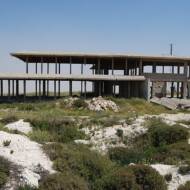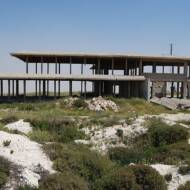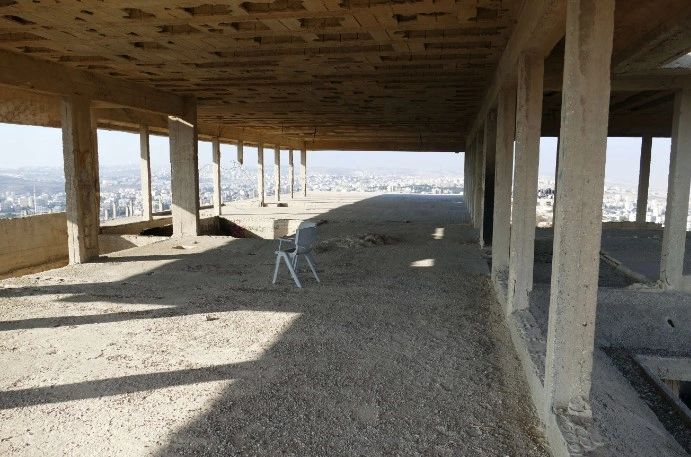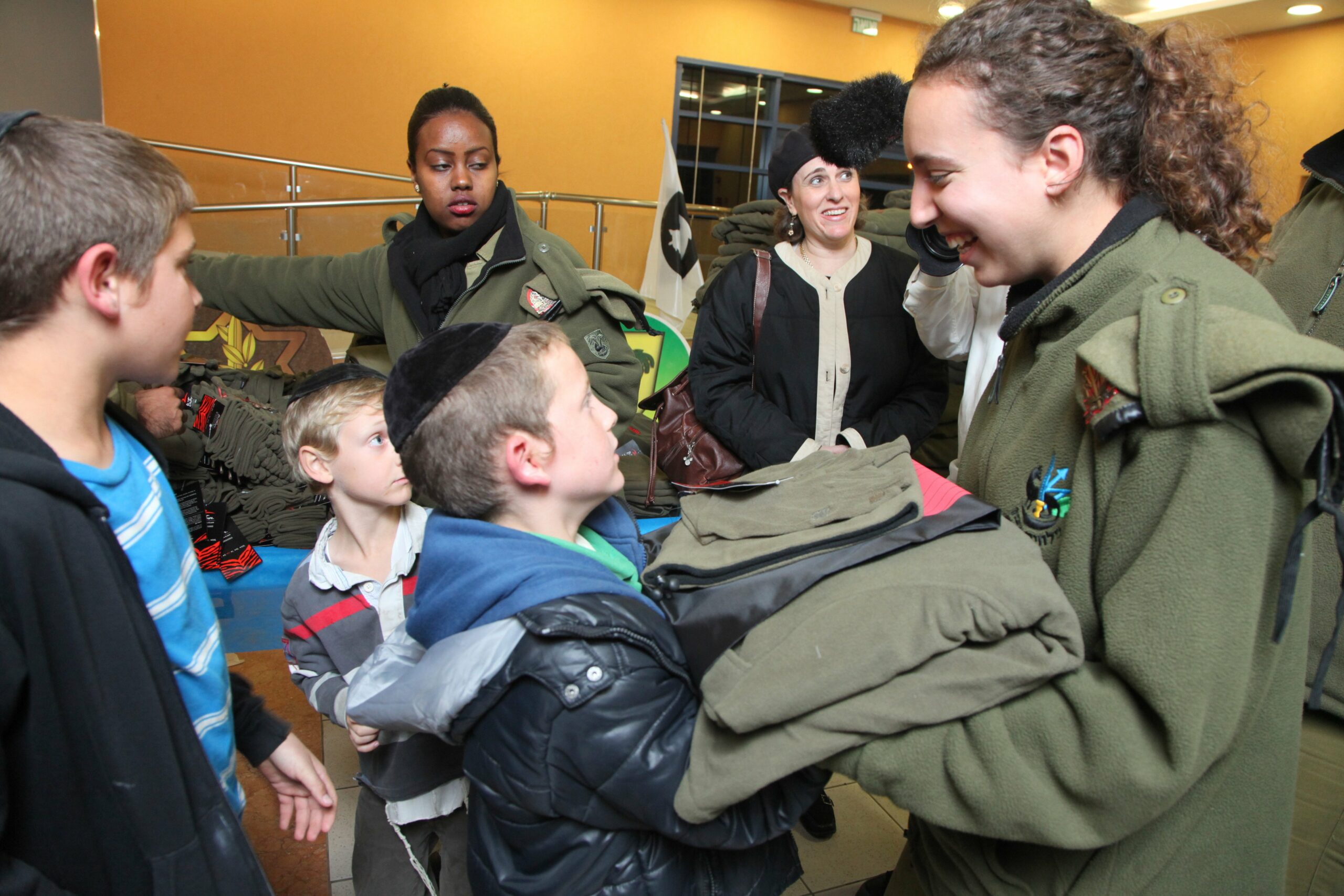
OFF THE BEATEN TRACK: Gibeah of Benjamin, Biblical Site of King Saul’s Palace

‘Saul… went to his home, to Gibeah (1 Samuel 10: 26)’
By Nosson Shulman, Licensed Tour Guide
While there are many off the beaten track treasures in Israel, some are so little known that even many Israel experts have never heard of them. Today’s historic site, Tel el Ful, rarely sees visitors but this unique treasure is our next stop.
This location, north of Jerusalem’s Old City, is known in the Bible by several names. One of them is Gibeah, Hebrew for “Hill” because of its conspicuously high elevation from its surrounding areas.

Indeed, this place offers one of Israel’s best views! On a clear day one looking westward will see Israel’s lowlands, the Judean Forest and coastal region. Looking eastward, the Judean Desert, Dead Sea and the Biblical mountains of Jordan are visible.
It is also known as the Gibeah of Saul (1 Samuel 11:4), because this is where Israel’s first King, Saul, had his palace. A third name for this location is Gibeah of Benjamin (1 Samuel 13:15) as this is found in the tribal territory of Benjamin. King Saul was a native Benjamite.
Indeed, between 1922-23 renowned archeologist William Albright excavated the site and found a palace dated to the time of the United Monarchy of Israel, whose era includes the tumultuous reign of Saul.
One of the more well-known Biblical stories took place here before Saul’s reign, during the time of the Judges and once again the archeology matches the Biblical narrative.
In Judges 19 and 20, due to the actions of the Tribe of Benjamin against the Levite’s concubine, the other 11 tribes declared war and destroyed Gibeah by fire. William Albright found the original “Gibeah” underneath the ruins of where King Saul would shortly build his palace, and it was covered in a deep layer of a type of ash found only on ruins which has been destroyed in flames.
Additional proof of this being the exact location of Gibeah, is the route the Levite and his concubine took to return from Bethlehem in Judah to his home on Mount Ephraim. As the sun was going down, they were passing Jerusalem but the Levite said let us continue further and “Spend the night in Gibeah or in Ramah (Judges 19:13)”. All of these cities, on route to his home, are on the Biblical “Spine route” today known as Highway 60. To be sure, the city Dr Albright excavated was on this very route.
During the siege of Jerusalem culminating in the destruction of the Second Temple in 70 CE, General Titus, who later became the Emperor of Rome, set up his camp here because of the great view of the battlefield from this vantage.
Where are the remains of King Saul’s palace today and what is the structure you currently see on top of the hill?

In 1948 Jordan Illegally took control of much of Israel, and tried to destroy any ancient Jewish remains they could find to deny that Jews ever had a connection to their historic homeland. On this location in 1965, on top of King Saul’s palace, King Hussein (father of Abdullah, the current King of Jordan) began building his palace, initially destroying the ruins. In 1967 Israel liberated this land, and the skeleton of the building, never complete.
Today is it possible to tour this unique site, enter its structure and savor these superior views. While this site in generally safe to visit, one should first check with a licensed tour guide who is familiar with the building and security situation well.
To see a sample Israel (day trip) tour itinerary of the area, which can include this wonderful site, check this out: Jewish Judah and Samaria (West Bank)
Sponsored by Rockets Into Roses: Discover the powerful art of an Israeli Hero living on the Gaza border, who transforms rocket fragments into stunning, one-of-a-kind masterpieces. His Art, his Jewelry, and items of Biblical Value owned by US presidents and many world leaders, not only symbolizes resilience but directly supports charities aiding Israelis in the Gaza Envelope.
By purchasing a piece, you’re contributing to a cause that’s so impactful, it’s even helped cut off terrorist funding. Own a piece of history, support a noble cause, and be part of the fight for Israel’s secure future! Enter code vip10 for a 10% discount, valid for a limited time only.
To sponsor our next article or newsletter and have your business seen by thousands of our American pro-Israel subscribers and beyond, please contact us at info@guidedtoursofisrael.com
Nosson Shulman is a licensed tour guide and trip organizer in Israel who specializes in History, Tanach (Bible) and Adventure Tours. For more itineraries click here. Check out his new virtual tours including free sneak preview videos.
Keep Israeli Soldiers Warm – Send Winter Jackets!
We are honored to thank the young men and women of the IDF who risk their lives every day to defend the citizens of Israel.
Join us in sending winter care packages and personal notes of support to Israeli soldiers who are out in the cold all day.
Warm up a soldier’s heart with essential winter wear including fleece jackets, hats, gloves and more. Keep an entire unit warm!
THE SOLDIERS REALLY APPRECIATE YOUR LOVE AND CONCERN!
The post OFF THE BEATEN TRACK: Gibeah of Benjamin, Biblical Site of King Saul’s Palace first appeared on United with Israel.
United with Israel
